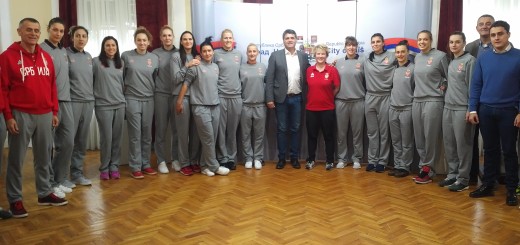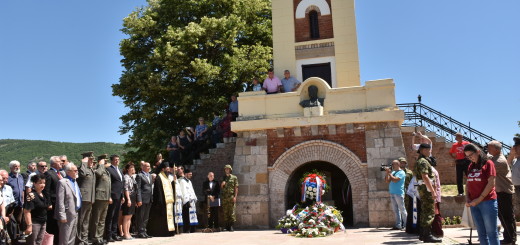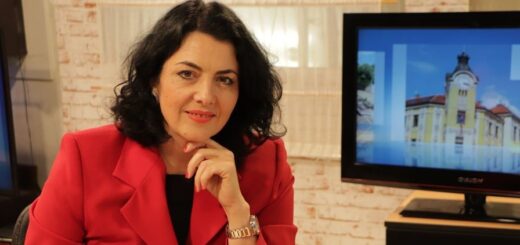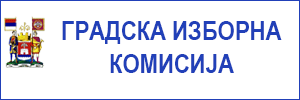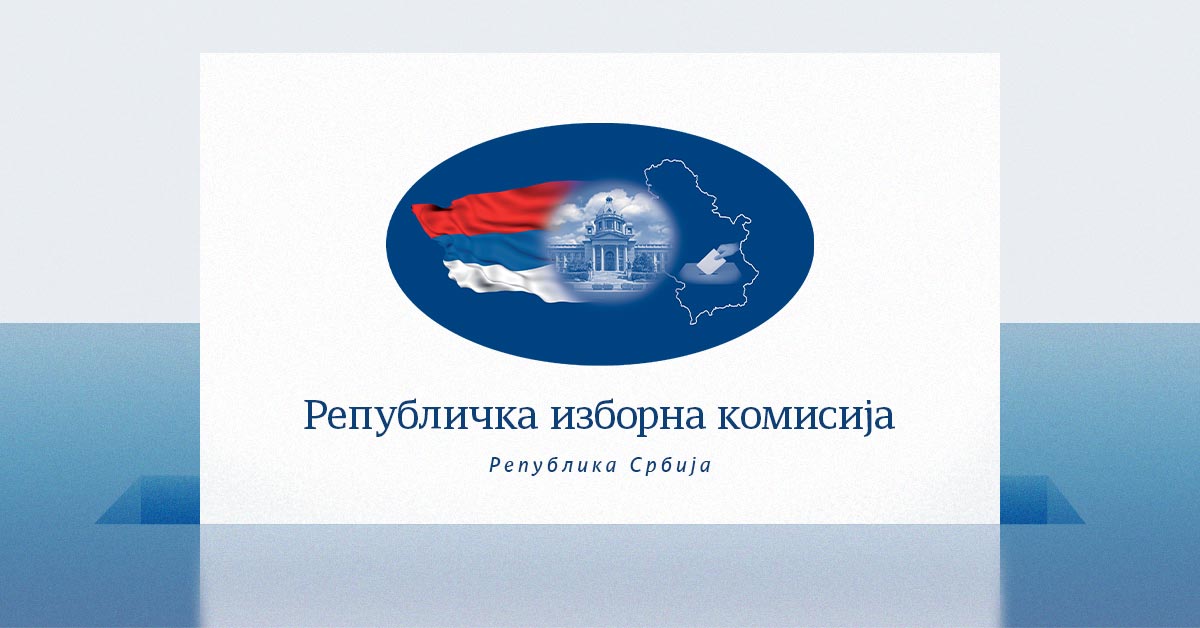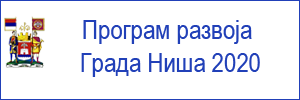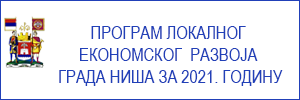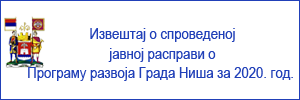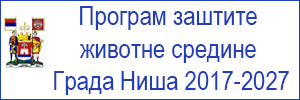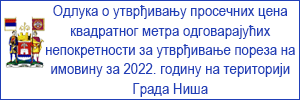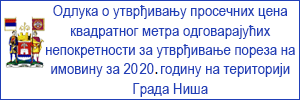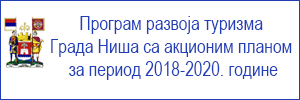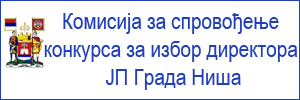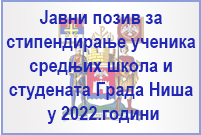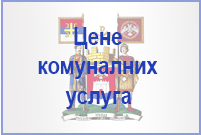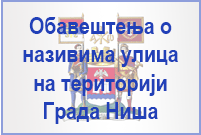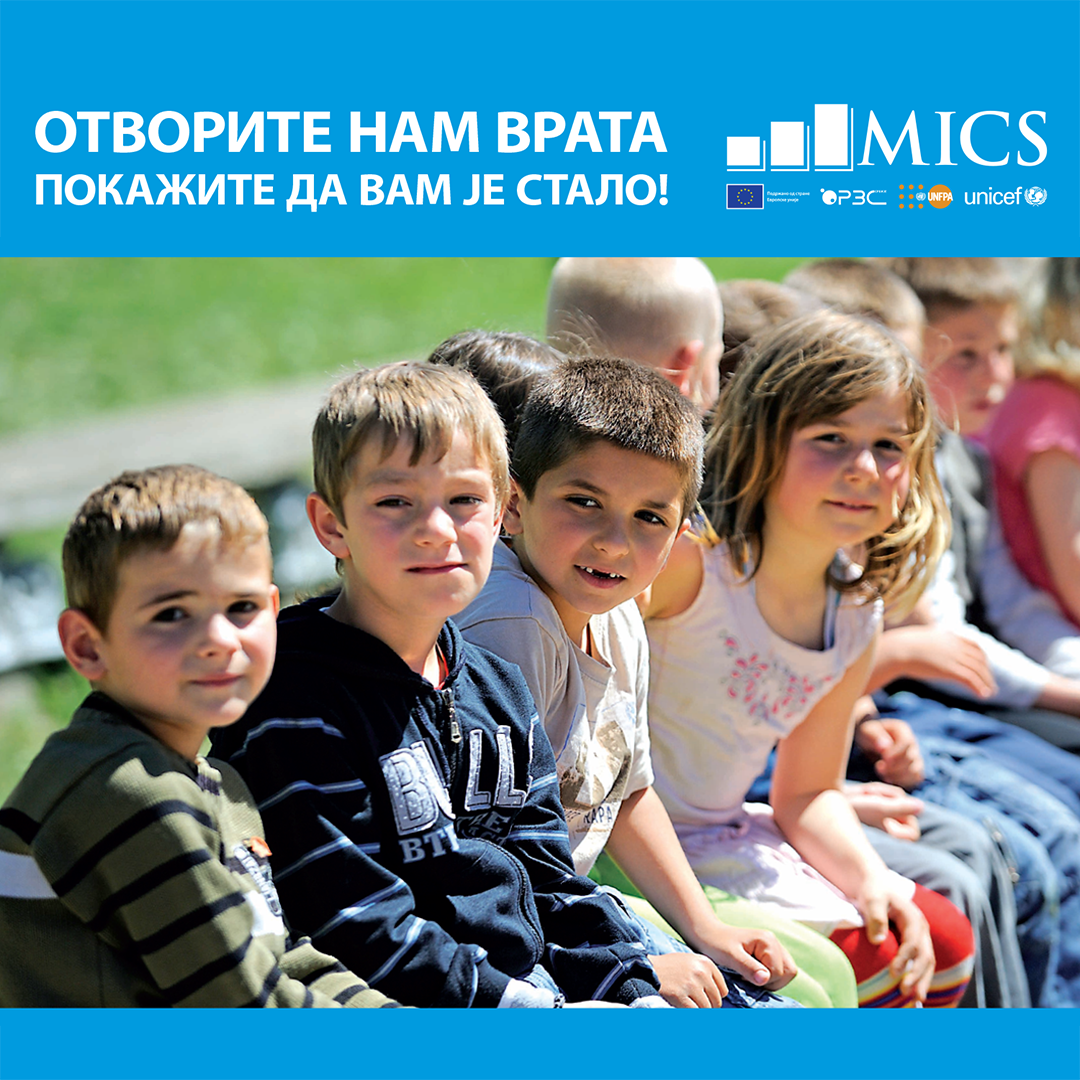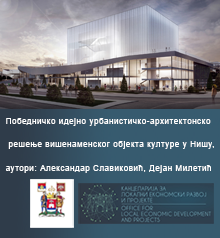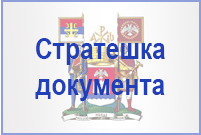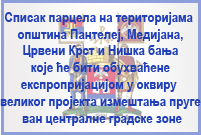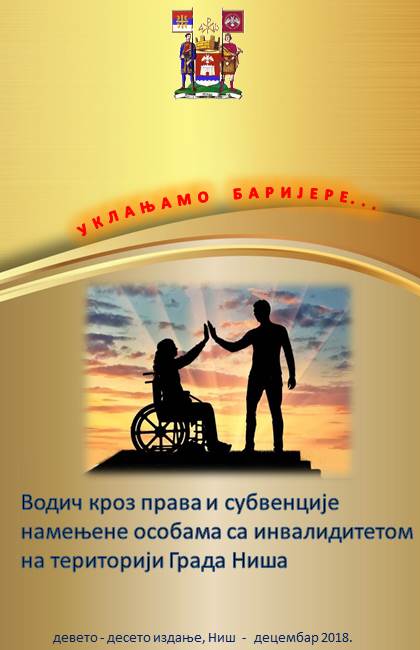5TH SESSION OF COMMITTEE OF REGIONS – REPUBLIC OF SERBIA JOINT CONSULTATIVE COMMITTEE
The session of the Committee of Regions – Republic of Serbia Joint Consultative Committee held today in Nis dealt with the Republic of Serbia’s EU accession negotiations and the impact the negotiations have at the subnational level of government. The second part of the session was dedicated to the topic of tourism as a catalyst of a better life at the local level.
The first session featured RS Minister of Public Administration and Local Self-Government Branko Ruzic as one of the keynote speakers, who said that “the public administration reform was one of three basic criteria for EU accession.” He also reminded about some of the achievements in that area, including legislation adoption, education and local community development, and spoke about digitization plans.
Speaking at the session titled “The Republic of Serbia’s EU accession talks and their influence on the subnational level of government,” Deputy Head of the EU Delegation to Serbia Mateja Norčič-Štamcar said there was no municipality in Serbia that had not benefited from Union’s assistance. “It is of utmost importance for local self-governments to prepare for EU accession – to create living, developing towns. The central and local government should find a way to improve their cooperation, as we all know that municipalities are the generators of development,” said Norčič-Štamcar, reminding the audience that “over the past 10 years, the EU has donated EUR85 million for improved local infrastructure, business development and improved status of marginalised groups.” Also, she touched upon the topic of EU integration of the Western Balkans countries, saying that their future undoubtedly lied in the EU. “The story of the EU in Serbia is a story about an ever closer friendship that will lead to Serbia’s EU accession,” said Deputy Head of the EU Delegation to Serbia and added that “70 per cent of EU legislation will be transposed to local regulations, meaning that EU standards and values will be implemented at that very same level.”
Assistant Minister of European Integration Mihailo Dašić underlined the importance of participation of representatives of local governments, AP Vojvodina and the City of Belgrade in the work of the Committee, primarily in terms of contributing to finding appropriate solutions for better functioning of subnational levels of government. The Ministry of European Integration, as an institution responsible for managing Negotiating Group 22, dealing with regional cooperation, puts special emphasis on cooperation with representatives of regional and local governments, stressed Dašić.
“Bearing in mind the experience of our colleagues from the countries that are now members of the European Union, it can be concluded that the success of the whole negotiation process depends on the quality of negotiating positions or attitudes that must respect the reality at the local level, the willingness of the local government to take on the obligation of introducing the EU standards in respecting the competencies, capacity, necessary financial resources, as well as the timeframe for the introduction of standards, “said the president of the SCTM and the Mayor of Sombor, Dusanka Golubovic, adding that there are large differences between local self-governments in terms of size, population and level of development, capacities to implement obligations. In that sense, it is important to take into account the specific needs and different capacities and level of development of the local self-governments when adopting EU standards.” Given that local self-governments cannot act independently, nor have resources for horizontal and vertical communication with other actors in the negotiation process, the role of Standing Conference of Towns and Municipalities is of paramount importance because it can present political position of local self-governments and it should be consulted by the central authorities in this process, “added Mayor Golubovic.
The session “Tourism as a catalyst of a better life at the local level” featured statistical data about the number of tourists and overnight stays and new accommodation capacity around Serbia, as well as examples of good practice in this field from both Serbia and abroad – the Italian region of Friuli-Venezia Giulia and Vrnjacka Banja in Serbia. Steffen Hudolin Head of Operations II at the EU Delegation, one the keynote speakers at the tourism session, said that he visited all IPA-funded projects. “We have recognized the potentials of Serbia and the EU and, together with the Government of Serbia, we have invested EUR3 million in projects aimed at improving tourism potential and infrastructure,” Hudolin said. He mentioned the reconstruction of the Golubac Fortress as an example of good practice. “We have turned it into a sustainable tourist attraction,” said Hudolin, noting that the sector of tourism offers thousands of jobs at the local level, making it particularly attractive to youth.
The Joint Consultative Committee was formed in 2014. Its task is to establish dialogue and cooperation between regional and local governments in Serbia, on the one hand, and the EU Committee of Regions, on the other, and to prepare them for participation in the work of the Committee of Regions, upon EU accession.


